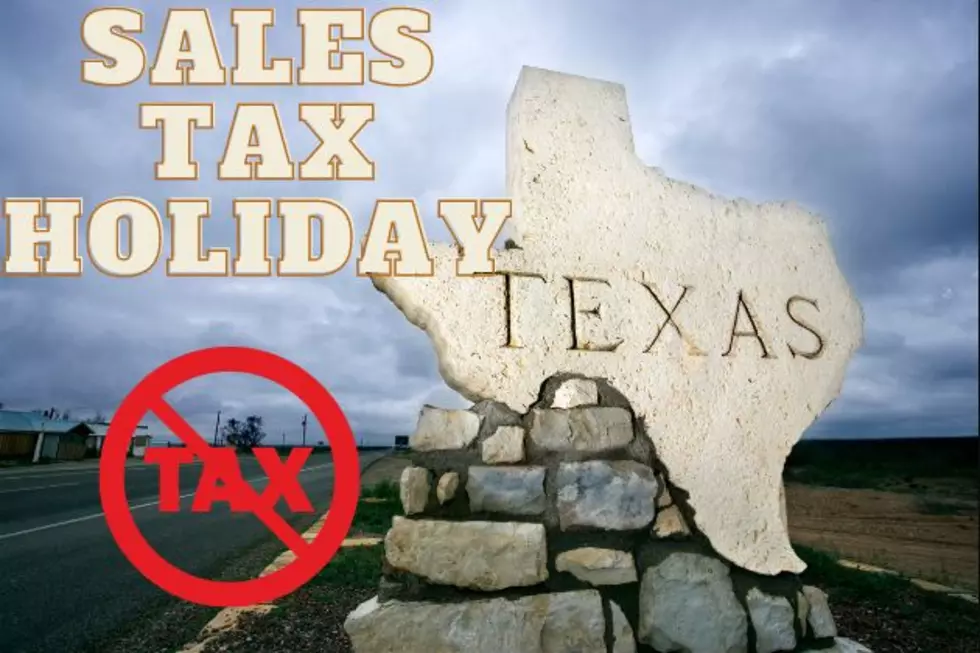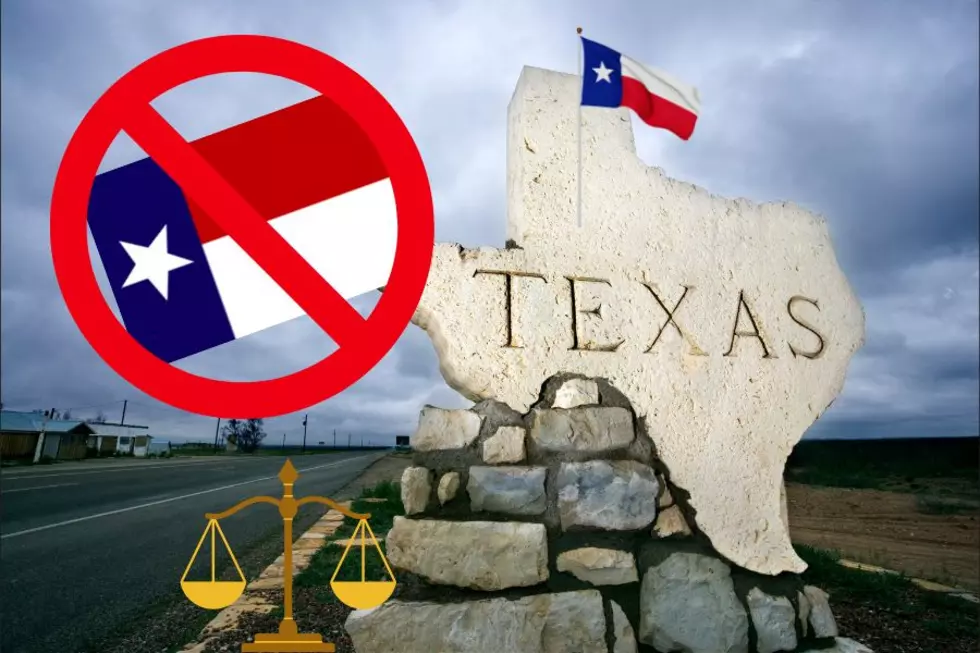
Beware of Scammers
When natural disasters occur, Americans are quick to open up their wallets and give. It's one of the great things about the United States. Americans are charitable and eager to give, and sometimes Americans are taken advantage of by scams that steal their money.
Today, the Texas Attorney General issued a press release warning Texans of scam charities out there that just take your money and run. It's sad that we have people who set up fake organizations and steal from people who are trying to be generous, but in 2011 that's what happens.
Here is what the press release said:
In wake of the earthquake and resulting tsunami that has caused widespread disaster in Japan and some areas of the United States, the Office of the Attorney General is cautioning generous Texans to carefully vet relief organizations before making any charitable contributions.
By doing a little research, well-meaning Texans can ensure their dollars actually help the recovery effort and aid victims – rather than funding fraudulent scams set up to capitalize on a tragedy.
Texans who are solicited for charitable contributions to relief efforts by telephone, text message, e-mail, mail, social networking sites or otherwise should consider the following:
• Ensure the relief organization is legitimate. Ask for credentials, including the soliciting entity’s exact name and telephone number, particularly if the purported relief organization is not well known.
• Call the charity directly and confirm that the solicitor is actually working for that organization.
• Watch for questionable charities using names that closely resemble the names of well-known charities.
• Find out how the donation will be used.
• Be wary of appeals that are long on emotion and short on descriptions about how charitable contributions will aid the recovery effort.
• Don’t succumb to high-pressure tactics and demands for an immediate decision. A legitimate charity welcomes background checks on their operations.
• Never give a credit card or bank account number to an unknown solicitor.
• Never give cash and never agree to give money to a courier. Write a check to the charity directly - not the soliciting individual - and get a receipt.For information about specific relief operations currently underway, Texans should contact the American Institute of Philanthropy (AIP). AIP is a national charity watchdog service that assists donors with identifying reliable charitable organizations. Texans should visit their Web site at www.charitywatch.org.
Texans who wish to file a complaint with the Office of the Attorney General regarding suspicious e-mail charity solicitations may call the Consumer Complaint Hotline at (800) 252-8011 or file a complaint online at www.texasattorneygeneral.gov.
More From News/Talk 95.1 & 790 KFYO









